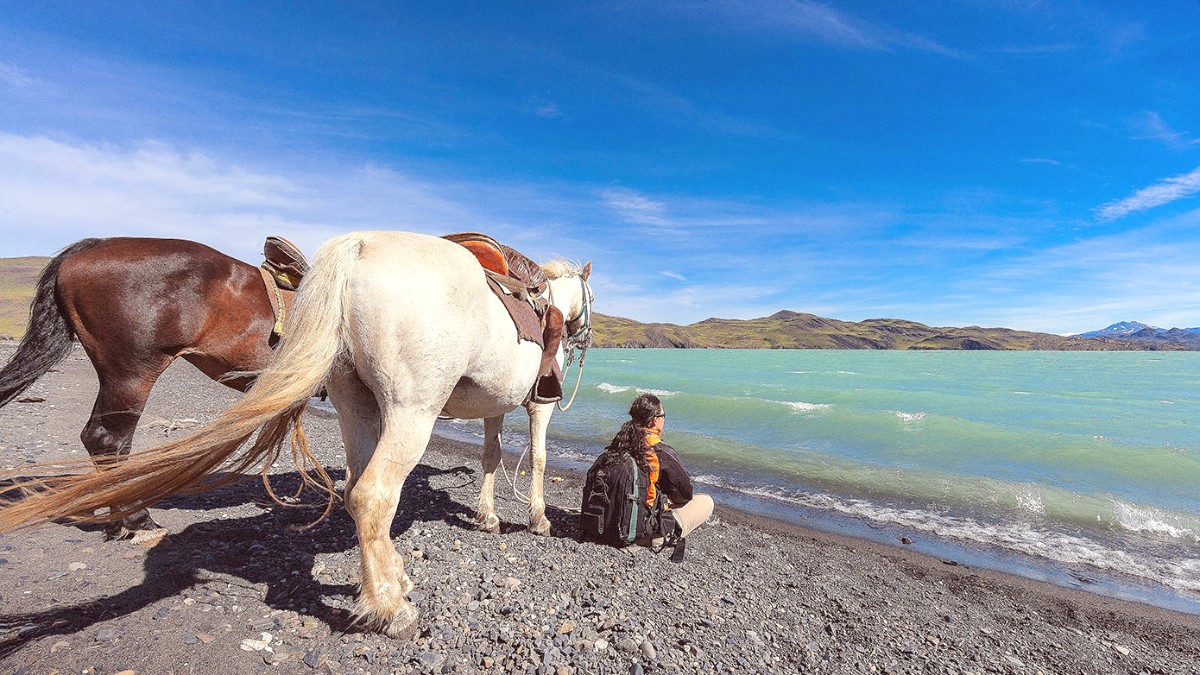
Niue lacks a formal public transportation system. There are no metro, bus, or tram networks operating on scheduled routes for general public use. You cannot rely on public buses to travel between villages or to attractions.
Since public transit is not an option, independent movement around the island generally involves a rental car. Some accommodations may offer shuttle services to Alofi or specific attractions on certain days. Inquire with your host for details.
Renting a car is the most flexible way to explore Niue independently.
Some accommodations offer limited shuttle services for guests.
Alofi, the main hub, is small and easily walkable on foot.
Most popular, book in advance.
Require local motorcycle license.
Some accommodations offer for guests.
No tuk-tuks, jeepneys, or similar transport.
Renting a car is the most flexible and widely used method for independent travel around Niue. Options include cars, motorcycles, and bicycles.
Generally not designed for extensive accessibility. Pavements can be uneven or absent outside Alofi.
Many involve challenging terrain: steep steps, ladders, rough coral paths.
Travelers with mobility needs inquire directly with accommodations and tour operators about provisions.
Niue does not offer a wide array of specialized transportation methods found in larger tourist destinations. Transport generally focuses on practicality and access to the island's natural attractions.
Plan your movements around your rental car or pre-booked services.
Flexibility
Inquire about shuttle services offered by your lodging.
Guest Services
For airport transfers or specific journeys, pre-arrangement of taxis is more reliable.
Reliability
Always get your Niue driving license from the police in Alofi. You need it to legally drive any rental vehicle.
Plan your movements around your rental car or pre-booked services. This independence greatly improves your exploration of Niue.